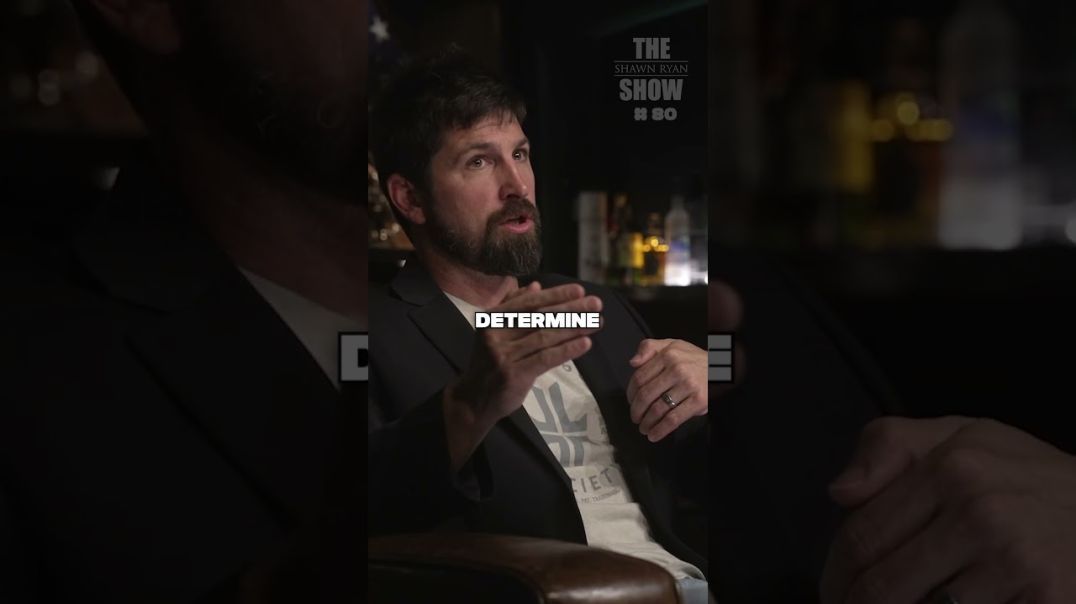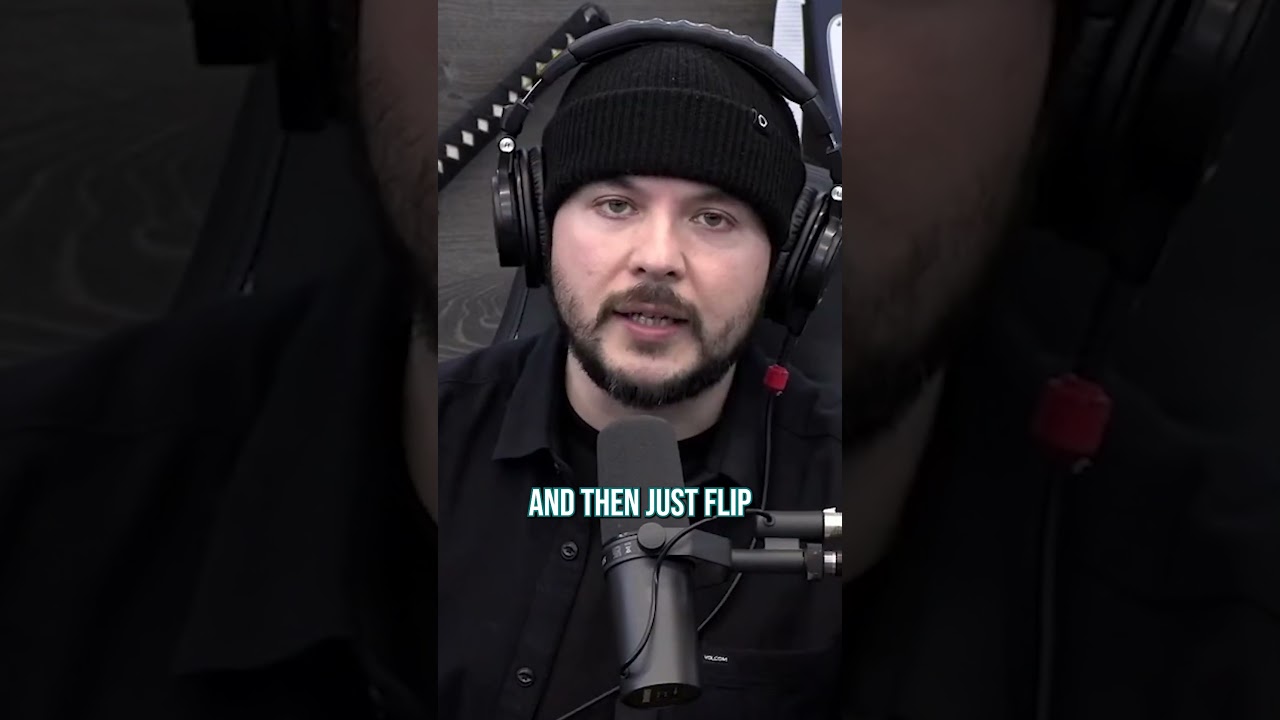Dear Creators, we are proud to announce an amazing affiliate program for you to earn some serious and continual cash. Read about our affiliate progarm here.
Caros criadores, temos o orgulho de anunciar um incrível programa de afiliados para vocês ganharem muito dinheiro de forma contínua. Leia sobre nosso programa de afiliados aqui.
Appellate Attorney Patrick Megaro Explains - What is a habeas corpus petition in Federal court?
https://fpdcdca.org/blog/2255-....petition-differ-2254 <br> <br>typically a plea can be challenged through the state post-conviction relief process, or direct appeal, or through a motion to withdraw a plea <br>in Federal court it can be challenged via a 28 USC 2255 petition <br> <br> <br>Federal statutes 28 U.S.C. §§ 2241–2256 provides for a Federal court to issue a writ of habeas corpus for people who are convicted in Federal court of Federal crimes, or people who were convicted in State court for State crimes. <br> <br>Both types of Federal habeas corpus petitions can be based on a violation of the rights guaranteed by the United States Constitution or Federal law. <br> <br>The basic requirements for a Federal habeas corpus petition by a person in State custody under 28 U.S.C. § 2254 are: <br> <br>1. The person must be in state custody; <br>2. The prisoner must have exhausted all possible avenues of relief through the state court system; and <br>3. The Federal habeas corpus petition must be filed within 1 year of the date the conviction becomes "final." <br> <br>The first requirement is "custody" which means a person must be in a state prison or jail, or be released on parole. People on probation generally do not qualify for Federal habeas relief. <br> <br>The second requirement is "exhaustion." A person must first appeal their conviction and/or challenge their conviction in a post-conviction relief proceeding through the State court system prior to filing a petition in Federal court. The issues raised in their direct appeal and/or their motion for post-conviction relief must also be based upon claims of violation of a Federal Constitutional right. In addition, the prisoner must raise their Federal Constitutional and take it as far as it can go in the State courts. For example, if the prisoner files a motion for post-conviction relief in state court, and it is denied, but the prisoner does not appeal to a higher court if the State law allows an appeal, then the claim will be "procedurally defaulted." This means that the particular Federal Constitutional claim will not be heard by the Federal court in a petition for habeas corpus. If the state court gives a prisoner a way to appeal or challenge their conviction, the name of the game is "use it or lose it." <br> <br>The third requirement is the 1 year statute of limitations. The Federal habeas corpus petition must be filed within 1 year of the date the state conviction becomes "final." <br> <br>A conviction is "final" when either the time to directly appeal a conviction to a higher court expires if no direct appeal is made, or the date on which the last appellate court issues an opinion or judgment affirming the conviction on a direct appeal and finally concludes the direct appeal. <br> <br>A motion for post-conviction relief will toll, or suspend the 1 year statute of limitations, as long as it is timely filed, and properly filed. Think of it as a stopwatch. Certain events will start the clock ticking, and certain events will freeze the clock. <br> <br>DISCLAIMER: some lawyers like to add an additional 90 days to the 1-year statute of limitations, based upon the time allowed to appeal to the United States Supreme Court in a direct appeal. This is sometimes a possibility, but there are many exceptions to this rule and we personally do not rely upon the extra 90 days unless absolutely necessary. It is always better to use less time than is allowed, or else you are taking an enormous risk. <br> <br>The basic requirement for a Federal habeas corpus petition by a person convicted in Federal court for a Federal crime under 28 U.S.C. § 2255 is that the petition must be filed within 1 year of the date the conviction becomes "final." The same definition for “final” applies, except in this case, it is the Federal appellate courts that decide the direct appeal <br> <br>A § 2255 petition can be based upon: <br>1. A violation of a Federal Constitutional right <br>2. A violation of a statutory Federal right <br>3. lack of jurisdiction <br>4. an illegal sentence <br> <br>Visit us at www.appealslawgroup.com <br> <br>Follow us on Facebook at <br>@FloridaWeeklyRoundup <br>@NewYorkWeeklyRoundup <br>@AppealsLawGroup <br>@HalscottMegaro <br> <br>Twitter: @PMMegaro























SORT BY-
Top Comments
-
Latest comments
2 years ago
so they can block you at any time during your illegal incarceration, well now isnt that convenient...
until they decide that they will allow your 'paper work' to find its way to someone maybe...
there really should be no statute of limitations on appealing or on submission of writ/paperwork.
so they control the entire process and you have no recourse, so your still fucked isnt that fun.
unless you have someone that you trust implicitly, and can trust them to handle the paperwork and make sure it is turned in via secure avenues, which means making copies and making sure that the people the information is turned into are properly dating the copies as well as making sure any mailing that is done requires a signature upon receipt of said mail.
even then you will probably not get good counsel (most lawyers/attorneys and the 'court system'/'prison system' will NOT tell you shit or help you in any ways.
2 years ago
2 years ago
2 years ago
2 years ago
2 years ago
2 years ago